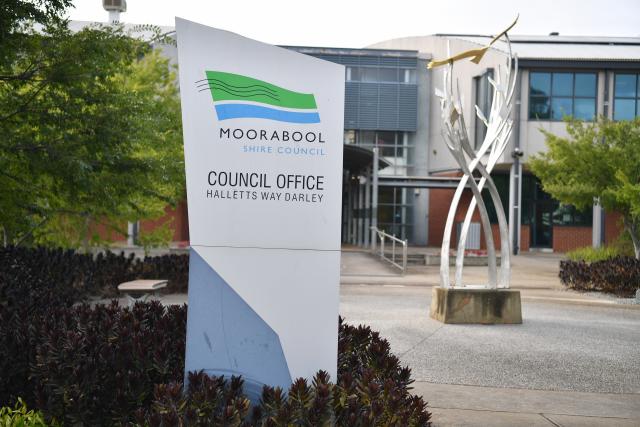Rents at Melton and Melton South are among the most affordable in the state for low-income earners, a new report has found.
The National Shelter’s Rental Affordability Index report found renters at Caldermeade, in the city’s south-east, Melton South, Melton, Albion and Seville East, north-east of Melbourne, spent on average less than 20 per cent of their income on rent.
Households paying 30 per cent or more of their income on rent are generally viewed as living in housing stress.
National Shelter is an advocacy group whose mission is to create a “more just housing system”, particularly for low-income Australians.
The group said it was “frustrated” by the media and politicians, particularly their “obsession with [home buyers’] markets and a lack of attention to the severe housing stress experienced by Australians who are renting”.
The National Shelter report analysed the rental markets of all cities nationwide. It found Bateman, 14 kilometres from Perth’s CBD, to be the most affordable, with renters averaging just 12 per cent of their incomes on rent.
“For some time, the discussion on housing affordability in Australia has focused on the increasing cost of purchasing a home,” the report states.
“Importantly, focusing on housing affordability through the lens of home ownership does not provide insight into the households that are struggling with housing affordability most – those in the rental market.”
Low-income earners struggling to pay their rent also face the prospect of being unable to pay for other primary needs, including food, water, electricity, health services, transport and education.
The report found financial stress could result in mental health issues, poorer education outcomes, lower confidence, and “diminished career outlooks”.
National Shelter said there were real concerns about growing numbers of people with “very little” disposable income after paying rent.
“An inability to acquire household goods, access services when needed and pay off debts may result in households becoming trapped in a debt spiral.
“This is creating a divide in our cities between where the opportunities exist and where households are located,” the report found.
















